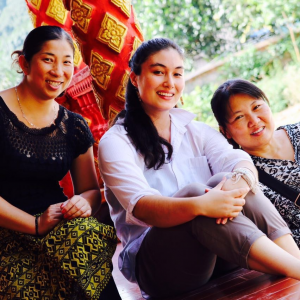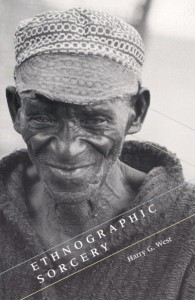Research does not provide definitive answers.
It’s a lesson I learned recently in Anthropology 300. Just as Hamlet can be interpreted and reinterpreted by scholars without ever coming to a single definitive reading of the play, research should not set up ultimate truth as a goal.
We read Glifford Geertz’s classic The Interpretation of Cultures, in which he uses his varied fieldwork experiences in Northern Africa and Southeast Asia as jumping-off points for building theory about the nature of anthropology. He pushes us to consider culture not as a laboratory specimen to be dissected and understood in set ways, but as a piece of literature with infinite interpretative possibilities.

Regarding the notion of definitive answers, he writes, “I do not know how long it would be profitable to meditate on [a fieldwork] encounter…but I do know that however long I did so I would not get anywhere near to the bottom of it. Nor have I ever gotten anywhere near to the bottom of anything I have ever written about … Cultural analysis is intrinsically incomplete. And, worse than that, the more deeply it goes, the less complete it gets.”
“Cultural analysis is intrinsically incomplete.”
In other words, a researcher must learn to be satisfied with imperfection. The best you can hope for is shades and colors of truth. Ironically, the more you know, the more you realize you know very little.
This spoke to me. It’s not that I ever fooled myself into believing my research could solve everything, but I have at times felt the pressure to account for all things related to my topics.




